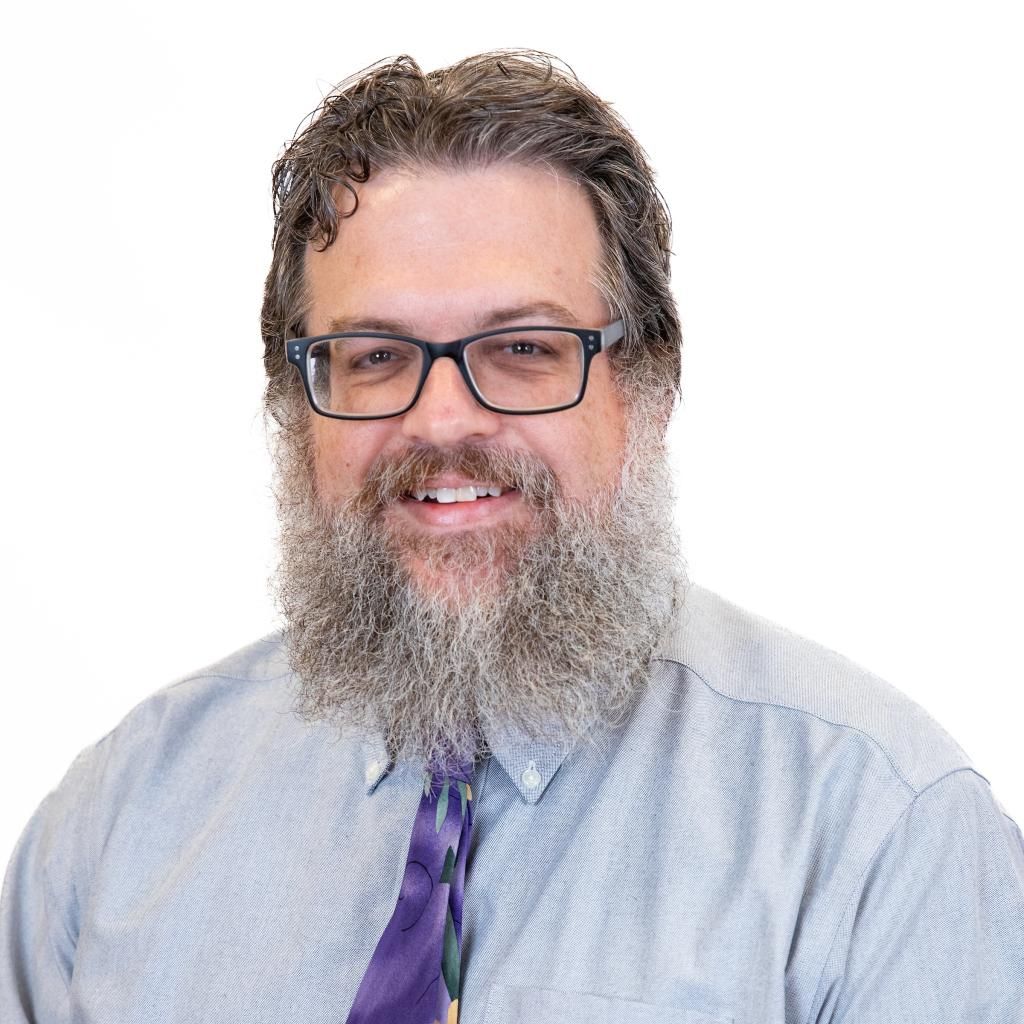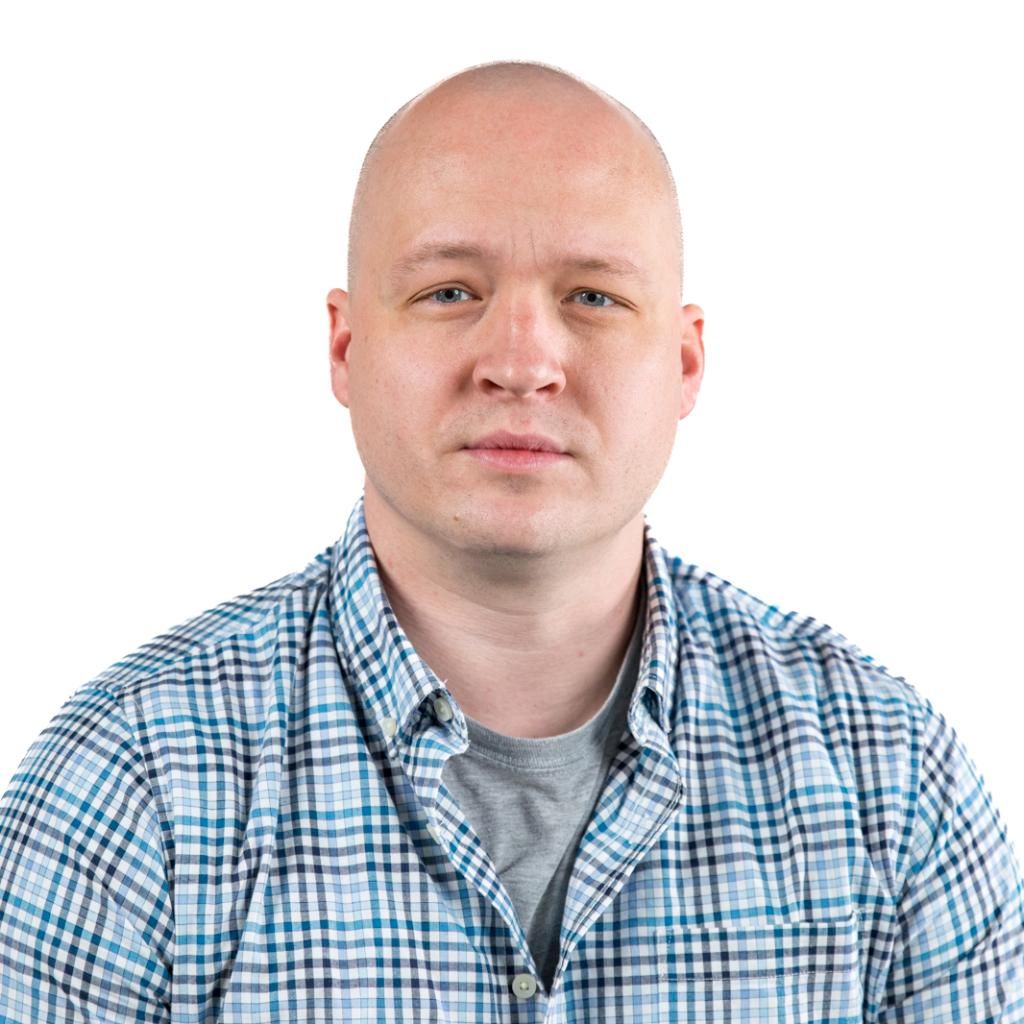Philosophy
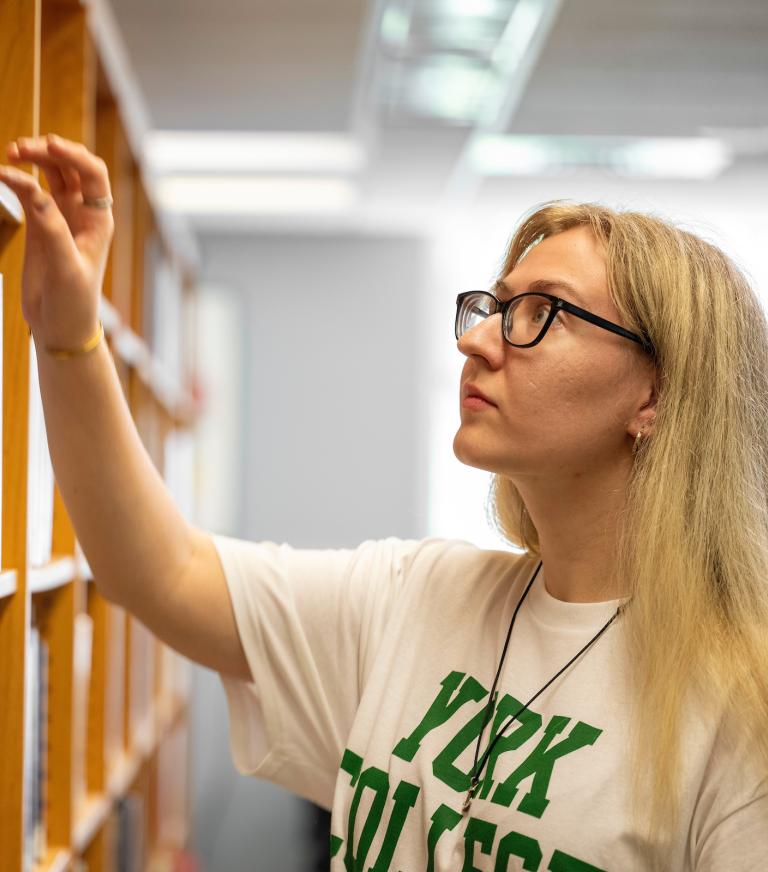
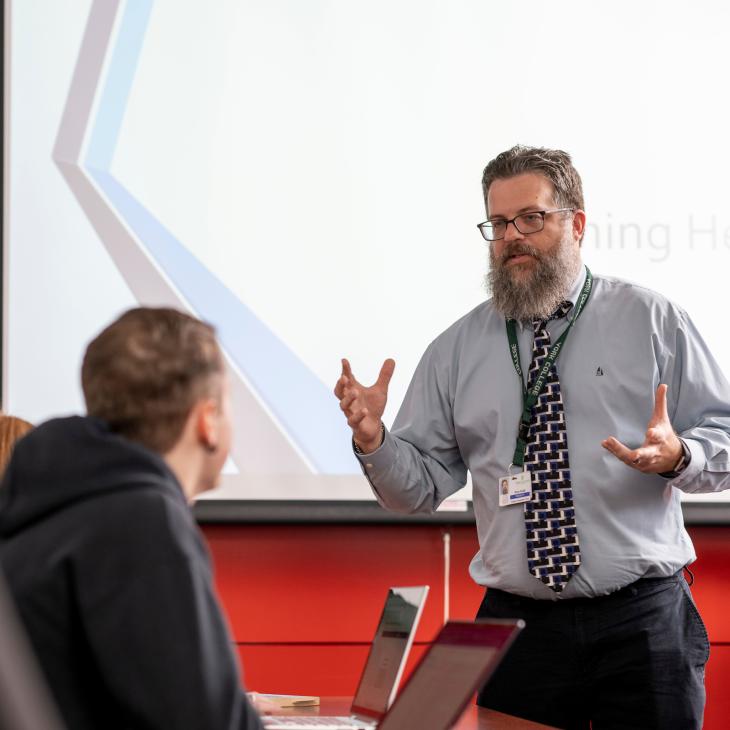
Build practical skills.
Anyone can ask “Why?” But philosophy majors can respond with clear viewpoints, sound arguments, plus the ability to handle complex decision-making. It’s no wonder employers seek out philosophy graduates.
Philosophy is the kind of major anyone can benefit from, because everyone needs to be able to express their thoughts, understand the viewpoints of others, and critically evaluate intellectual problems. As a philosophy major, you’ll study the abiding questions facing humankind: What is the nature of God? Why be moral? Is there an afterlife? What is truth and justice? But you’ll also have extensive instruction in building practical skills that mold you into an ideal candidate for post-graduate studies in law, medicine, business, and more.
Philosophy Courses
Your class schedule will include core courses for your major, Gen Next general education classes, and electives.
| Course Name | Course Code | Credits |
|---|---|---|
| Critical Thinking | PHL 222 | 3 Credits |
| Philosophy and Reality | PHL 331 | 3 Credits |
| Ethics in Theory and Practice | PHL 340 | 3 Credits |
| Humanities Seminar | HUM 402 | 3 Credits |
Careers in Philosophy
A bachelor’s degree in Philosophy opens up a variety of career opportunities. Some of your options may include:
Ethics Consultant
Public Policy Analyst
Educator
Nonprofit Manager
Marketing Analyst
Diplomat
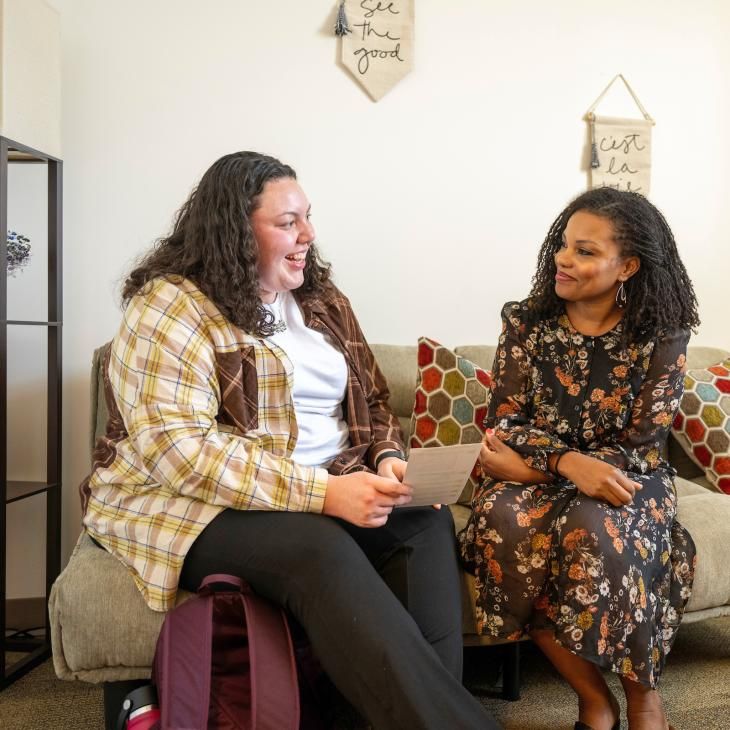
Build your dream career, one day at a time.
This is day one. From your first semester on campus through graduation day, York College offers expert advice, professional development opportunities, and personalized support to help you navigate the choices that influence your future.
Explore resources for a successful college experience:
Meet the Faculty
View All FacultyRelated Programs
History
A knowledge of the past provides us with clues on those crucial questions of life. Want to be a politician, corporate president, lawyer, judge, journalist, or professor? The logical starting point is being a history major, full of useful skill-building.
English (Literary and Textual Studies)
At York College, English majors experience our written and spoken language from all angles. Our challenging, diverse curriculum covers cultural studies, film, literature, rhetoric, creating writing, and philosophy. You’ll also be able to specialize in one of four tracks of focus — comparative literary studies, film and media studies, critical and cultural theory, and women and gender studies.
Medical Humanities
Explore the human side of healthcare and medicine. York College’s Bachelor of Arts in Medical Humanities prepares you for a career that balances the sciences, ethics, social impact, and critical thinking.
Philosophy Minor
The minor in Philosophy is intended to broaden the student’s education, to complement and encourage creative reflection in other courses and major programs, and to encourage the student’s ability to think logically and ethically, a useful skill in any professional environment.
Political Science
With a degree in Political Science from York College, you’ll study the formal and informal political processes that shape public policy while examining the human and scientific side of political behavior. You’ll develop the skills necessary to make informed decisions about community politics, electoral politics, and advocacy.
Public History
What if you could combine your love of history with a talent for communicating with the public? As a public history major, you’ll examine areas such as public historical interpretation, preservation and oral history to understand what makes up our public history.


